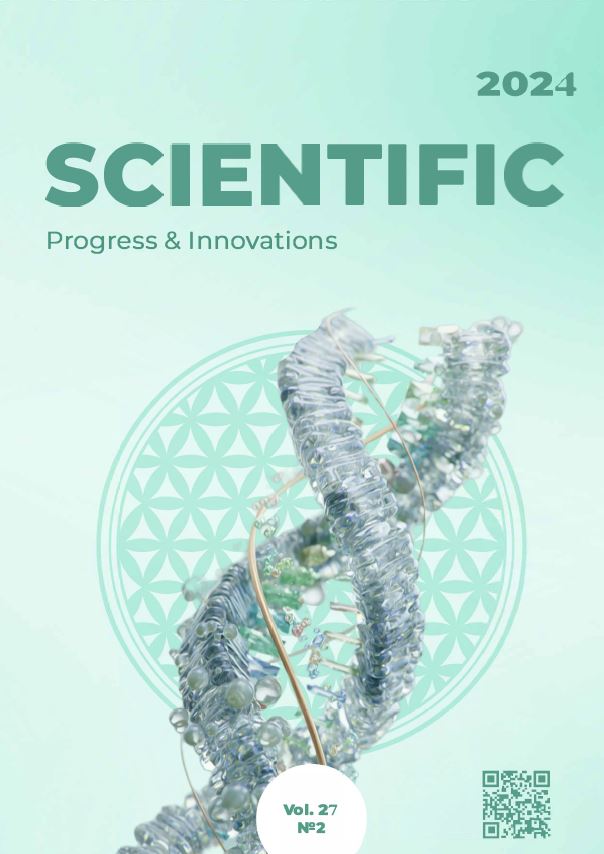The peculiarities of inoculation at soybean cultivation
DOI:
https://doi.org/10.31210/spi2024.27.02.04Keywords:
Glycine max (L.) Merr., Bradyrhizobium japonicum, nitrogen fixation, inoculant, Rhizobium, yield capacityAbstract
Soybean is the most important crop in the world, the demand for which is constantly growing, which stipulates the necessity of increasing its quality and yield capacity. It is known that additional inoculation stipulating the treat-ment with bacterial preparations containing Bradyrhizobium japonicum nitrogen-fixing bacteria is the necessary element of soybean cultivation. The purpose of the article is to study the peculiarities of the existing methods of soybean inoculation. The higher is soybean yield capacity, the more nitrogen is necessary, which is covered by 50–60 % with the biological fixation owing to the symbiosis with B. japonicum bacteria. In case of their absence or insufficiency, soybean seeds and soil inoculation is conducted. In the first case, the living strains of Rhizobium are used in moist hard or liquid forms for their application on the seeds to keep them viable and be able to settle on all soybean growing roots. Soil inoculation, as a rule, is practiced in combination with the seed contact inoculation by adding inoculant granules with the applicator into the sowing machine. There are differences among different prod-ucts that use the same or analogical Rhizobium strains. Peat-based products (HiStick, LegumeFix) are considered standard inoculants and stain the treated seeds. Liquid inoculants (LiquiFix, Rizoliq, Turbosoy) do not stain the seeds and are supplied with a number of additives, and they use polymers for protection and adhesion. The combi-nation of several Rhizobium strains in one product is also practiced. As it is important that more bacteria survive after sowing before soybean germination, the rhizobia density and the necessity of following the main practical recommendations in the process of inoculation are the key characteristics of the product quality. The application of the inoculant higher dosage rate does not endanger the environment and usually results in increasing nodule for-mation and seed yield by 25 %. The inoculation also positively affects field germination and plants survival, their height and individual productivity, decreases the expenses on chemical protection means and increases soil fertility.

 Creative Commons Attribution 4.0 International Licens
Creative Commons Attribution 4.0 International Licens